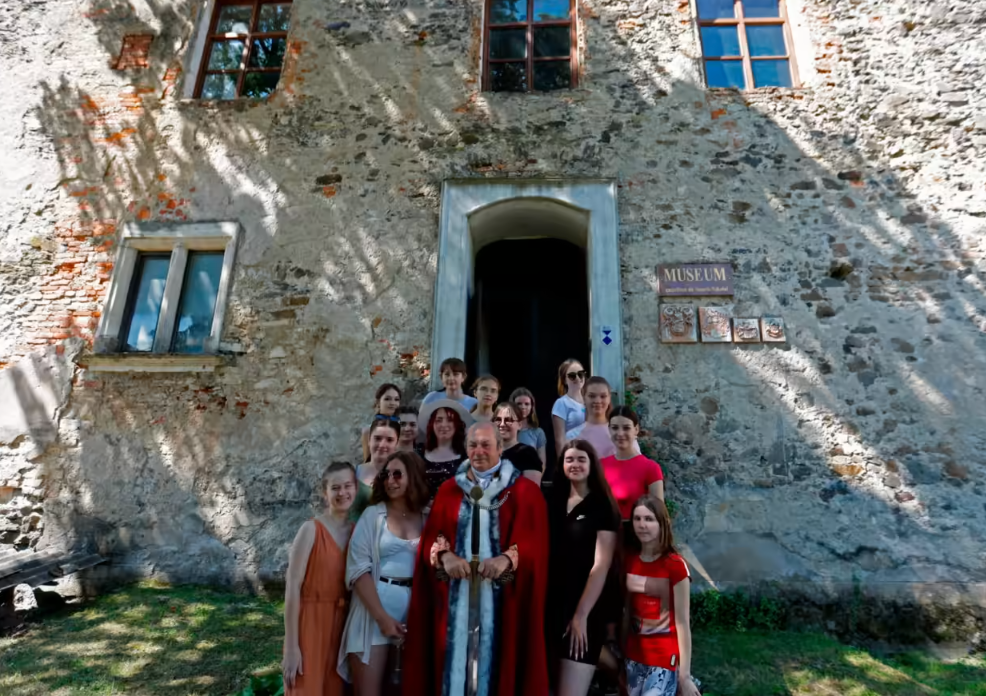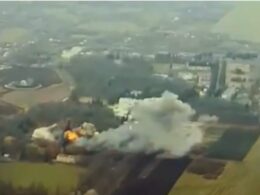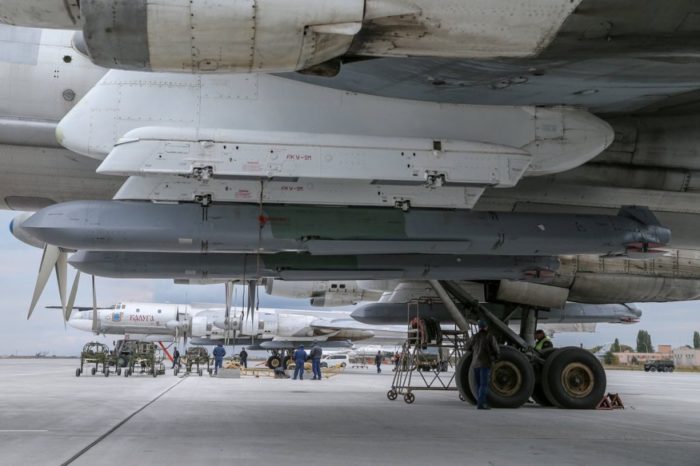The ethnic Hungarian community in Ukraine’s Zakarpattia Oblast is distancing itself from Hungarian Prime Minister Viktor Orbán due to his increasingly pro-Russia stance, Financial Times has found.
Hungarians constitute the largest among numerous ethnic minorities in the historically diverse Zakarpattia Oblast, nestled in the Carpathian Mountains in Ukraine amid Romania, Hungary, Poland, and Slovakia. From an initial count of about 150,000, the Hungarian community’s current population stands between 70,000 and 80,000.
“I used to identify as a Hungarian with Ukrainian citizenship,” said György Buleca, the director of a company that imports goods from Hungary. “That changed when Orbán said this was not his war and that we should agree to a ceasefire.”
“What Orbán does . . . only makes sense as someone else’s agenda,” he said, referring to Putin. “The war has changed everything. The Hungarians in Zakarpattia don’t support Orbán any more.”
Minority rights are a non-issue, he added. Schools can still teach everything in Hungarian until age 10, then they must gradually introduce Ukrainian. “The law is the law. We are in Ukraine. Is it OK if you don’t speak Ukrainian? No,” Buleca said. “This whole issue is hijacked by Russians; Orbán is their pawn.”
The contentious matter of Hungarian rights, especially concerning education in their native language, has fueled conflicts between Hungary and Ukraine. In this year’s political vision address, Orbán accused Kyiv of fostering “Hungarophobia” and repeatedly threatened to obstruct Ukraine’s EU and NATO aspirations over minority rights. In 2014, Kyiv aimed to bolster national identity and enacted a law in 2017 that limited minority rights, including in education. This move initially garnered Hungarian community support for Orbán. However, since the full-scale invasion last year, most ethnic Hungarians in Zakarpattia have altered their stance.
Yaroslav Galas, former deputy governor of Zakarpattia who joined Ukrainian forces, revealed Moscow’s attempts to inflame ethnic tensions. An attack on a Hungarian cultural center in Zakarpattia in 2018 prompted an investigation. Galas discovered that the first explosion was executed by a group with Russian-Polish ties, while the second was purely Russian in origin.
Even within the Hungarian minority, there are those like Lieutenant Sandor Fegyir who have taken an active role in the war effort, fighting for Ukraine.
While some areas closer to the border remain sympathetic to Orbán’s stance, the majority of ethnic Hungarians in Zakarpattia have shifted their support away from him. As tensions escalate and political allegiances change, the Hungarian community’s voice is evolving.








